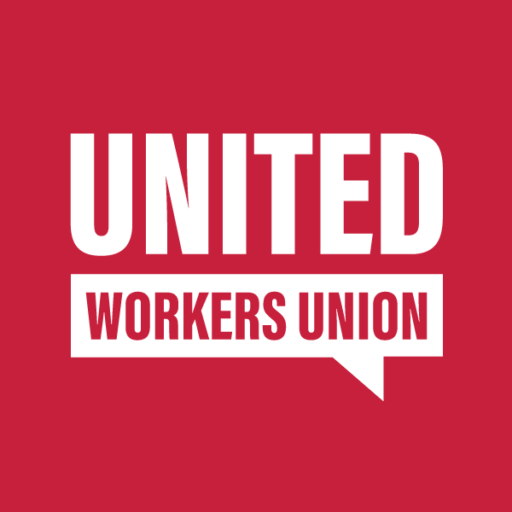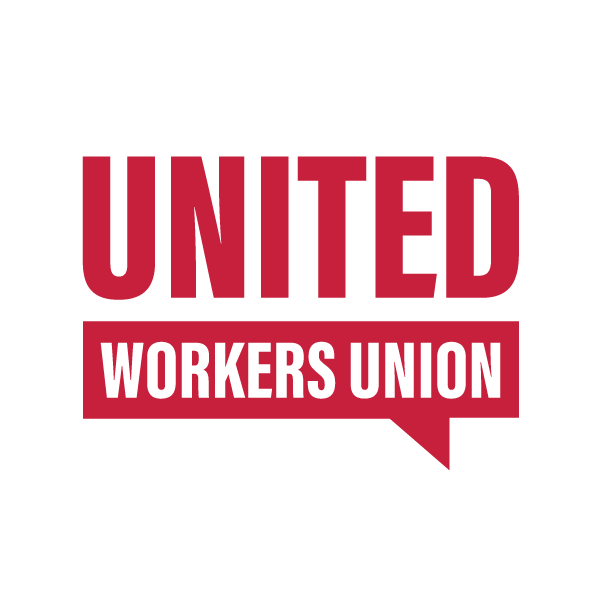One of Australia’s oldest breakfast food companies, Kellogg’s Australia, is using hardline industrial tactics to threaten essential workers who have worked throughout the pandemic, the United Workers Union said today.
Workers at the Kellogg’s manufacturing site at Botany have rejected the intimidation and confirmed their intention to launch a lightning strike tomorrow as they seek a decent pay deal.
The site manufactures and packs family breakfast favourites for Kellogg’s, which is behind the brands Kellogg’s Corn Flakes, Rice Bubbles, Nutri Grain and Sultana Bran.
Late on Friday Kellogg’s threatened to lock out its workforce after workers notified the company of intended legal industrial action following the break down of long-running enterprise bargaining agreement talks.
“It’s disappointing Kellogg’s has immediately resorted to the type of hardline industrial threats used in wharf disputes,” Susie Allison, United Workers Union food and beverage director, said today.
“Here we have a successful, profitable company that has relied on these workers turning up every day throughout the pandemic’s darkest days.
“The hard work of Kellogg’s workers at Botany guaranteed that food supplies would continue to go into supermarkets and on to families’ tables.
“As soon as fears about the pandemic have waned, Kellogg’s is threatening to lock out its workforce after rejecting reasonable requests for decent wage increases.
“It’s enough to make you choke on your corn flakes when you read Kellogg’s corporate values include integrity and respect.
“There’s no respect there – they are short-changing their workers and they are short-changing the community when they screw down on legitimate wage claims.”
At the heart of the dispute is Kellogg’s operation of a two-tier workforce, where one tier is paid $15-an-hour less than the other tier, despite the lower tier doing an extra four hours of work a week.
Kellogg’s has resisted demands to close the gap, only offering paltry pay rises to both tiers and promoting a continuation of the two levels within the workforce.
On another front, casuals who have been on-site for up to nine years, are paid even less than the lower-tier workers and have never been given a real opportunity to become full-time workers.
“The message from these workers is clear: Kellogg’s should stop using hardline tactics, give up on their objectionable divide-and-conquer strategy, and pay their workers fairly,” Ms Allison said.
“Where’s the respect for full-time workers who are being offered cut-rate pay increases, or the respect for casuals who should really be seen as full-time workers?”

